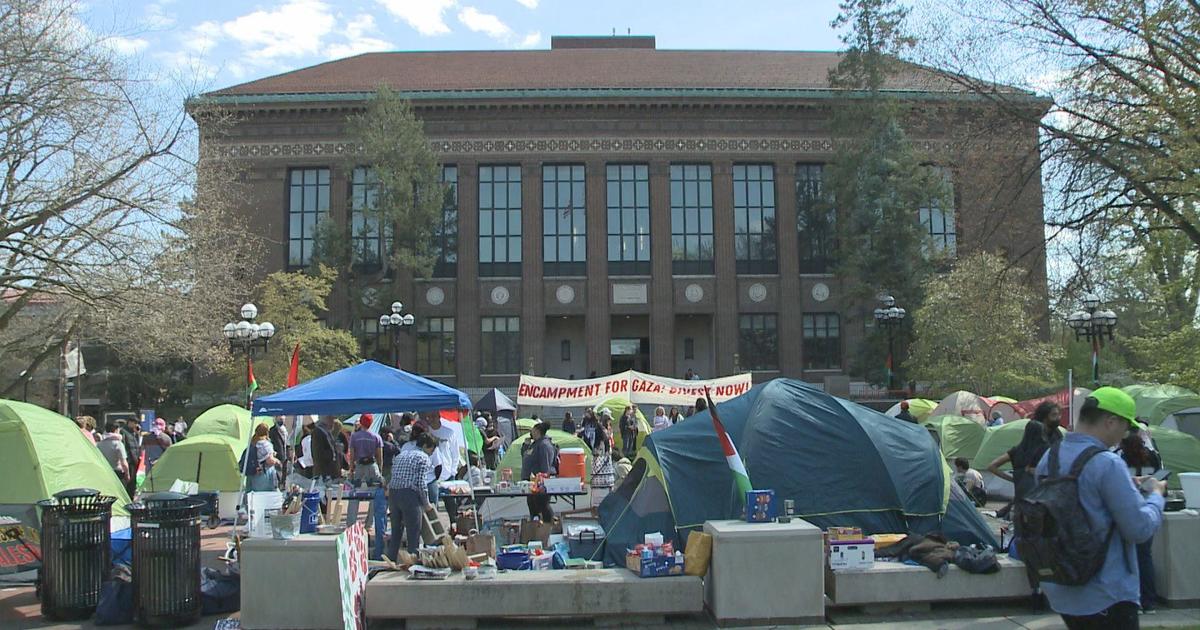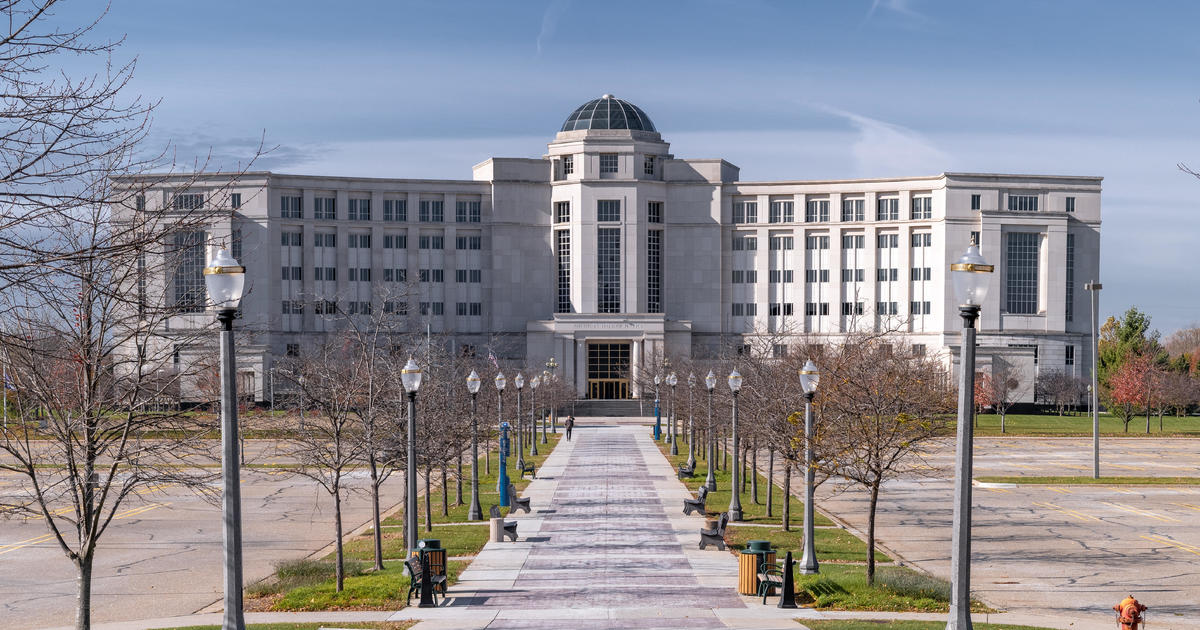Community Colleges Join Effort To Boost STEM Leaders
Four of Michigan's flagship universities and nine top community colleges are embarking on a newly expanded collaboration to accelerate statewide development of leaders in science, technology, engineering, and mathematics (STEM).
At a Feb. 3 kick-off event on the Lansing Community College campus, the institutions announced the reauthorization and expansion of the Michigan-Louis Stokes Alliance for Minority Participation (MI-LSAMP).
Wayne State University, the University of Michigan, Michigan State University and Western Michigan University established the MI-LSAMP in 2005, with support from the National Science Foundation. They committed to significantly increase the number of under-represented minority students graduating with degrees in science, technology, engineering, and mathematics.
"Our state and nation need all the talented college graduates we can produce," said UM president Mary Sue Coleman, principal investigator on the NSF grant. "Just last week, President Obama said that for America to compete globally, our nation must 'out-innovate, out-educate, and out-build the rest of the world.' LSAMP answers that challenge, and we look forward to continued success at colleges and universities across Michigan."
During MI-LSAMP's Phase I (2005-2010), award of these baccalaureates increased by nearly 50 percent.
In Phase II, nine of Michigan's top community colleges are joining the alliance. The MI-LSAMP community college partners are: Grand Rapids Community College; Kalamazoo Valley Community College; Kellogg Community College; Lake Michigan College; Lansing Community College; Macomb Community College; Muskegon Community College; Washtenaw Community College; and Wayne County Community College District.
"Our alliance has done a lot of good work over the past five years," said Wayne State President Allan Gilmour. "We've invested a great deal of time and energy in summer programs, referrals to opportunities for research, mentoring, professional development workshops and personal tutoring. We've created networks of support for hundreds of deserving young people. We've seen students from our first cohorts work their way through the system. This second phase of NSF funding will allow us to continue that good work."
During Phase I, MI-LSAMP Scholars engaged in opportunities that included: a pre-first-year program to prepare for rigorous curricula as incoming freshmen, undergraduate research assistanceships, and internships and cooperative education experiences. Phase II will continue these programs and initiatives, and add collaborations with the new community college members of the alliance.



